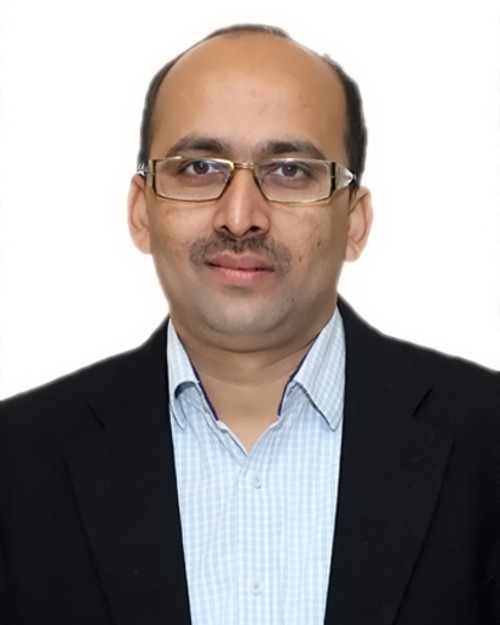
Introduction
In an era where healthcare challenges are becoming increasingly complex, innovation and sustainability have emerged as crucial pillars in public health. At the InnoHealth Conference 2024, Dr. Pushkar Kumar, a seasoned physician, pathologist, and public health expert, shared valuable insights into the evolving landscape of public health, AI-driven capacity building, and sustainable healthcare solutions.
The Role of Innovation in Healthcare
Dr. Kumar emphasized that innovation is not limited to medical advancements but extends to operational efficiency, patient management, and data-driven decision-making. Having been associated with InnoHealth for several years, he noted that innovation is a key driver of progress in healthcare, touching everything from patient care to administrative processes like billing and counseling services.
“Innovations have to be at the core of healthcare. The field is evolving rapidly, and technology is playing an integral role in improving patient outcomes and accessibility,” Dr. Kumar stated.
AI and Its Growing Influence in Public Health
Artificial Intelligence (AI) has been making significant strides in the healthcare industry, and Dr. Kumar highlighted its growing importance in public health, particularly at the grassroots level. While acknowledging some concerns about AI’s overreach, he pointed out its numerous benefits, including improved accessibility, streamlined record-keeping, and enhanced follow-up care.
“AI has helped in overcoming accessibility barriers, especially in rural areas. It allows us to maintain better records, track patient progress, and reach a wider audience at a lower cost,” he explained.
AI has also revolutionized capacity building in public health, particularly during and after the COVID-19 pandemic. With restrictions limiting physical interactions, AI-driven virtual training sessions enabled healthcare professionals to continue learning and enhancing their skills remotely. According to Dr. Kumar, AI has not only reduced training costs but also expanded the reach of educational programs to previously underserved areas.
Sustainability Models in Public Health Training

Having spent a decade working with the Government of India before transitioning to the NGO sector, Dr. Kumar shared his perspective on the challenges of funding and sustainability in public health initiatives. He noted that while government-backed projects have access to extensive resources, NGOs must explore alternative funding models to sustain their programs.
“To run any program effectively, funding is necessary. However, leveraging technology allows us to reach a larger audience with minimal expenditure. Sustainability lies in creating value-driven models that maximize impact with limited resources,” he explained.
Dr. Kumar emphasized the need for financially sustainable training programs where participants contribute a small fee, reducing dependency on external funding. One successful approach has been the use of technology-driven remote training, which enables physicians and healthcare workers to receive quality education without incurring travel costs.
Making Healthcare More Accessible and Affordable
Dr. Kumar stressed that affordability should not be a barrier to quality healthcare. By adopting innovative models and utilizing existing resources efficiently, healthcare professionals can create a more inclusive system that caters to underserved populations.
He drew attention to the small, everyday expenditures that individuals make—such as transportation or discretionary spending on non-essential items—and suggested that redirecting even a fraction of these resources toward healthcare could make a significant difference.
“If we save small amounts from our daily expenses and invest in healthcare, we can create sustainable solutions that benefit a larger population,” he noted.
Conclusion
Public health is at a crucial juncture where innovation, technology, and sustainability must work hand in hand. Dr. Pushkar Kumar’s insights underscore the importance of embracing AI, refining training methodologies, and developing sustainable models to improve healthcare access. As the healthcare sector continues to evolve, collaborative efforts between governments, NGOs, and private organizations will be key in ensuring that quality healthcare reaches every individual, irrespective of their socioeconomic status.
With healthcare experts like Dr. Kumar leading the charge, the future of public health looks promising, driven by innovation, inclusivity, and sustainability.
Composed By
InnoHEALTH magazine digital team

